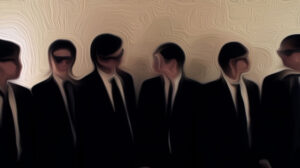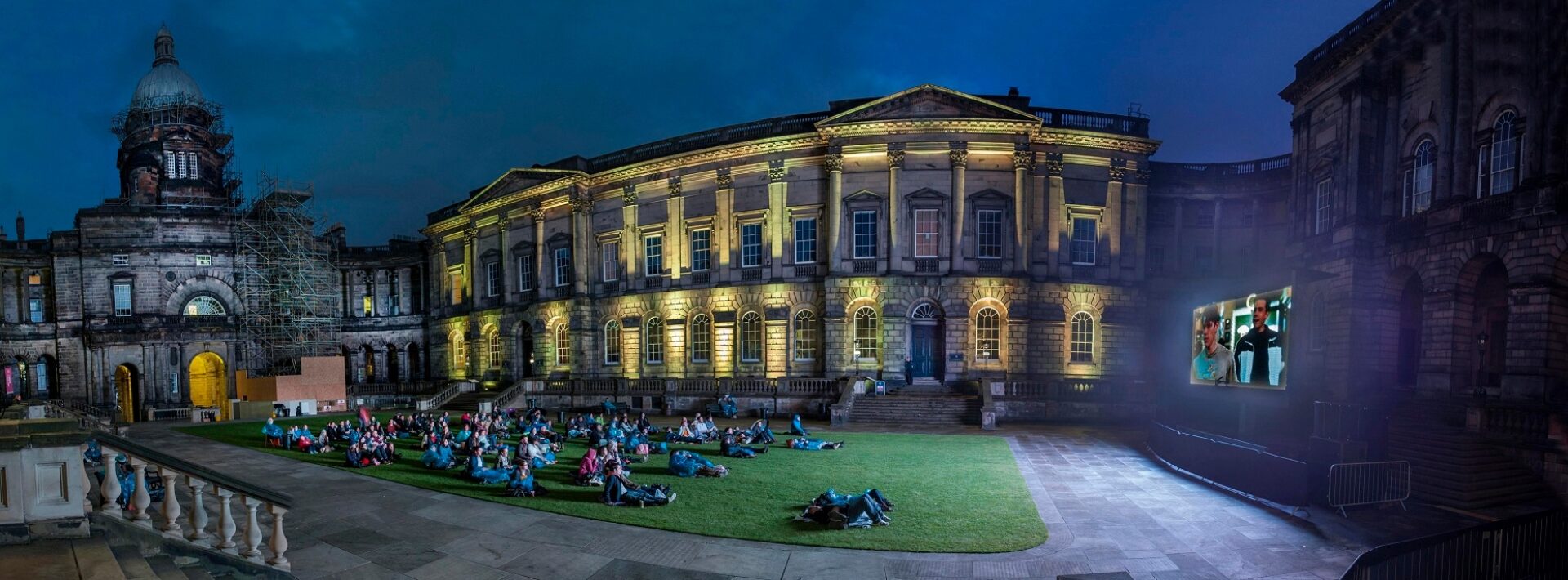
The 2015 documentary The Wolfpack follows the Angulo brothers living in New York City. What sets the Angulo brothers apart from other kids in their neighbourhood is that they have never left it. Their father – Oscar Angulo – controls when and if they leave the apartment so intensely that, as the eldest brother, Mukunda, describes: ‘sometimes, we’d go out nine times a year, and in one particular year, we never got out at all.’
Instead of learning about the world by interacting with it, the brothers turn to cinema. They have over 5000 films in their apartment, but their favourites – Reservoir Dogs (1992), The Dark Knight (2008), Pulp Fiction (1994) – aren’t just watched. The brothers enact their favourite films, transcribing scripts, creating costumes from cut-up yoga mats, and staging elaborate gunfights. Eventually, the eldest brother, Mukunda, leaves the apartment for the first time. Slowly, the brothers begin to venture out more and more, interacting with the world.
If The Wolfpack had been a Hollywood drama, there would have been an explosive fight between the abusive father and the rebellious eldest son, a montage of the son making his own way the world, perhaps a teary scene where the father asks for forgiveness and the son bestows it, magnanimously. But The Wolfpack is a firm documentary. When the director asks Oscar Angulo if he has thought of saying sorry to his children for isolating them, Oscar dodges the question. One son candidly tells the camera in the next scene: ‘There are some things you don’t forgive.’ As such, the documentary ends quietly. The audience might find it disappointing; they might wonder what happened to the Angulo brothers and wish there were title cards to tell them. Ultimately, this ending is truer to life, more authentic.
The Wolfpack suggests that film can be many things. In the beginning, film is escapism for the boys. Film is a coping mechanism, with the brothers commenting that: ‘If I didn’t have movies, life would be pretty boring. And there wouldn’t be any point to go on.’ Film also becomes a way of experiencing – not simply surviving but living. As Mukunda puts it: ‘[film] makes me feel like I’m living, sort of.’ Later, when Mukunda creates his short film, it becomes a form of expression, a mode of healing. The documentary manages to say a lot about the ways that humans love and use film without being obvious or cliché.
The Wolfpack is poignant and sensitive in exploring the Angulo family’s experience. It does not try to shape its subjects into villains or heroes as other documentaries might be tempted to do. The close-ups and moments of emotion might make the audience feel like a voyeur, but they can never be unsympathetic. The documentary’s style – complete with a handheld camera and extreme close-ups – blends well with the Angulo family’s home movies and Mukunda’s short film. There is a sense that the documentary has been made about the Angulo brothers and by them.
Written for The Film Dispatch by Niamh Carey-Furness.

